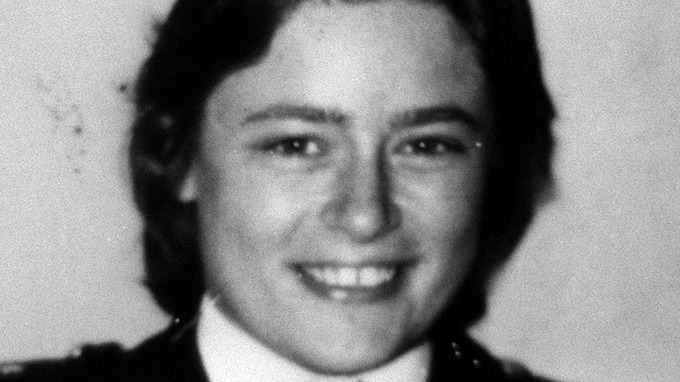Public will want answers to `ending of WPC Yvonne Fletcher murder hunt`, ex-force heads warn
Policing leaders have reacted with “surprise” and “disappointment” in the wake of the decision to abandon an investigation into a suspect in the 1984 murder of WPC Yvonne Fletcher.
Policing leaders have reacted with “surprise” and “disappointment” in the wake of the decision to abandon an investigation into a suspect in the 1984 murder of WPC Yvonne Fletcher.
The public will not be satisfied with a “bland” explanation that national security concerns led to the inquiry collapse, ex-Police Service of Northern Ireland Chief Constable Sir Hugh Orde argued.
His calls were echoed by former Metropolitan Police Service (MPS) Commissioner Lord Stevens who said “fuller” answers will be sought following the announcement the prosecution would not go ahead.
The Home Office has reportedly blocked the use of crucial evidence in the case, deeming it “not fit for court”. This forced detectives to admit on Tuesday (May 16) that prosecutors would be unlikely to get a conviction as a result, so all but marking the end of the 33-year hunt for the MPS officer`s murderers.
The 25-year-old was caught in a volley of gunfire as she policed a demonstration against Colonel Muammar Gaddafi outside the Libyan People`s Bureau in St James`s Square on April 17, 1984.
The suspect, Dr Saleh Ibrahim Mabrouk, who is in his 50s and reportedly has a son and wife in the UK, was released from bail without charge and told the investigation against him would not proceed “at this time”, the Metropolitan Police said.
The decision was decried as “absolutely horrendous” by a former colleague of the fallen officer, while her family said they were “deeply disappointed and frustrated” by the development.
The Police Federation of England and Wales (PFEW) condemned the decision as literally getting away with murder.
Lord Stevens agreed it was “very disappointing” adding “an immense amount of hard work has been involved in pursuing that case”.
He said: “I suspect the public will probably want more of an answer as to why the prosecution hasn`t proceeded, whether it`s diplomatic immunity or something extremely secret.”
Sir Hugh said “huge amount” of police effort had been poured into the inquiry, adding: “I`m surprised in the sense that I don`t think the public will be comfortable with such a bland statement.
“I think they`ll want to know more to better understand why that decision was made. I`m sure there will be a debate about what happens next.”
The MPS admitted the latest development meant the likelihood of another breakthrough in their investigation is “low”.
Dr Mabrouk was arrested for conspiracy to murder, alongside two others held for money laundering, in south east England in November 2015 in what police then described as a “significant turning point” in the inquiry.
The demise of Gaddafi, who was killed in 2011 during civil war in Libya, and the regime change that followed had granted them access to pursue new leads.
But the force said that despite detectives “tirelessly” pursuing hundreds of lines of inquiry, including visits to Libya, the previously unseen evidence they gathered is adjudged to be inadmissible in court.
Former MPS officer John Murray, who was with the WPC when she was gunned down, said the decision was “absolutely horrendous” and “perverse”.
In a statement, the family of WPC Fletcher said: “We are deeply disappointed and frustrated that a prosecution cannot proceed at this time.
“We had hoped that the latest turn of events would finally lead to some closure for the family.”
Steve White, PFEW chairman, said: “The Metropolitan Police have been scrupulous in their efforts to bring Yvonne`s killer to justice, but this will look to many like people can quite literally get away with murder. It`s a disgrace.”
The Home Office has refused to be drawn on the future of a Gaddafi regime ally suspected of involvement in WPC Fletcher`s murder.
Asked if Dr Mabrouk would remain in the country, a spokesperson said: “We do not comment on individual cases.”
It is understood Dr Mabrouk spent several years studying at the University of Reading for a PhD in the oil industry from 2008, funded by the Libyan government.
His application to return to study in the UK was


